Ankyloglossia, commonly referred to as tongue-tie, is a condition that can significantly impact a child’s ability to feed, speak, or even perform basic oral movements. As a parent, finding the best ankyloglossia treatment tailored to your child’s specific needs is crucial. At Town Hall Dental, we understand the importance of selecting the right approach to support your child’s health and development.
Understanding Ankyloglossia and Its Effects
Ankyloglossia occurs when the tissue under the tongue, known as the lingual frenulum, is unusually short or tight. This restricts the tongue’s range of motion, leading to challenges in feeding, speech, and oral hygiene. In severe cases, it can even affect a child’s social confidence and overall well-being.
Symptoms vary, but common signs include difficulty breastfeeding in infants, speech delays, and problems with eating solid foods in older children. Left untreated, the condition may persist into adulthood, potentially causing dental issues and impaired oral function.
Why Early Intervention Matters in Ankyloglossia Treatment
Early diagnosis and treatment of ankyloglossia are essential for your child’s growth and development. Delays in addressing tongue-tie can lead to complications such as nutritional deficiencies, speech impediments, and poor dental hygiene. By consulting with specialists, you can determine the severity of your child’s condition and explore suitable treatment options.
At Town Hall Dental, we encourage parents to seek professional evaluation as soon as they suspect their child may have tongue-tie. This proactive approach ensures a tailored treatment plan that aligns with your child’s unique needs.
Treatment Options for Ankyloglossia
Several treatment methods are available to address ankyloglossia. Each approach is designed to resolve the condition while minimising discomfort and maximising recovery.
Frenotomy: A Simple and Effective Procedure
A frenotomy is a minor surgical procedure that involves snipping the tight lingual frenulum to free the tongue. This treatment is particularly effective in infants and young children. The procedure is quick, minimally invasive, and often performed without anaesthesia for infants.
Post-procedure, parents may notice immediate improvements in breastfeeding or speech articulation. At Town Hall Dental, we ensure the process is as comfortable and stress-free as possible for both the child and their family.
Frenuloplasty: Advanced Treatment for Severe Cases
For more severe cases, a frenuloplasty may be recommended. This surgical intervention involves altering or lengthening the frenulum to improve tongue mobility. Frenuloplasty is typically performed under local or general anaesthesia and may require stitches.
The recovery process involves regular post-operative care and follow-ups to monitor progress. While more complex than a frenotomy, this procedure can be life-changing for children with significant restrictions caused by tongue-tie.
Non-Surgical Interventions
In mild cases, non-surgical options such as myofunctional therapy may be sufficient. These exercises are designed to strengthen tongue muscles and improve mobility without surgical intervention. Speech therapy can also help children overcome articulation challenges caused by tongue-tie.
At Town Hall Dental, our team collaborates with specialists to integrate these therapies into a comprehensive treatment plan tailored to your child’s needs.
Choosing the Right Treatment for Your Child
Selecting the best ankyloglossia treatment for your child requires careful consideration of their age, the severity of the condition, and the potential impact on their daily life. Consulting a trusted dental clinic like Town Hall Dental ensures you receive expert guidance and support throughout the process.
Factors to Consider When Choosing a Treatment
- Severity of Tongue Restriction: Mild cases may not require surgical intervention, while severe restrictions often necessitate more advanced procedures.
- Age of the Child: Infants may benefit from frenotomy, while older children might require a frenuloplasty or therapy.
- Impact on Daily Activities: Assess whether tongue-tie is affecting feeding, speech, or oral hygiene.
- Expert Recommendations: A specialist can provide insights into the most appropriate course of action based on your child’s specific needs.
The Importance of Personalised Care
Every child is unique, and so is their experience with ankyloglossia. At Town Hall Dental, we prioritise personalised care to ensure the treatment aligns with your child’s developmental stage and overall well-being. By addressing the condition early and effectively, we help your child achieve improved function and confidence.
Preparing for Ankyloglossia Treatment
Preparation is key to ensuring a smooth and successful treatment process. Before any procedure, our team at Town Hall Dental provides a thorough consultation to discuss your child’s medical history, examine their oral anatomy, and explain the recommended treatment in detail.
What to Expect During Consultation
During the initial consultation, parents can expect the following steps:
- Comprehensive Examination: The dentist or specialist will assess the tongue’s range of motion and overall oral health.
- Discussion of Symptoms: Parents should share observations about feeding, speech, or other challenges related to tongue-tie.
- Treatment Recommendations: Based on the findings, the dentist will suggest suitable treatment options and outline the procedure’s benefits and risks.
Tips for a Smooth Procedure and Recovery
For surgical treatments, parents should:
- Follow pre-operative instructions provided by the clinic.
- Prepare the child for the procedure by explaining it in a reassuring manner.
- Arrange for post-operative care, including regular follow-ups to ensure proper healing.
Non-surgical therapies may require commitment to regular sessions and exercises to achieve optimal results.
Post-Treatment Care and Long-Term Benefits
Recovery and follow-up care are crucial aspects of ankyloglossia treatment. Ensuring proper aftercare minimises complications and maximises the benefits of the procedure.
Managing Recovery
Post-surgical recovery typically involves:
- Monitoring for signs of discomfort or infection.
- Encouraging tongue exercises to promote healing and improve mobility.
- Attending scheduled follow-up visits to track progress.
Our team at Town Hall Dental provides comprehensive guidance on post-operative care to ensure a seamless recovery process.
The Long-Term Advantages of Treatment
Treating ankyloglossia early can result in numerous long-term benefits, including:
- Improved feeding and nutrition in infants.
- Enhanced speech clarity and confidence in children.
- Better oral hygiene and reduced risk of dental complications.
Addressing tongue-tie not only resolves immediate challenges but also supports your child’s overall growth and development.
Conclusion
Identifying the best ankyloglossia treatment for your child’s needs is a critical step towards improving their quality of life. At Town Hall Dental, we are committed to providing expert care and personalised solutions to help your child thrive. Whether through surgical procedures or non-invasive therapies, our team works tirelessly to ensure your child’s comfort and success.
We encourage you to reach out to our clinic for a consultation and take the first step towards a brighter future for your child. If you found this article helpful or have any questions, please leave a comment below. Your feedback is invaluable in helping other parents navigate the journey of ankyloglossia treatment.

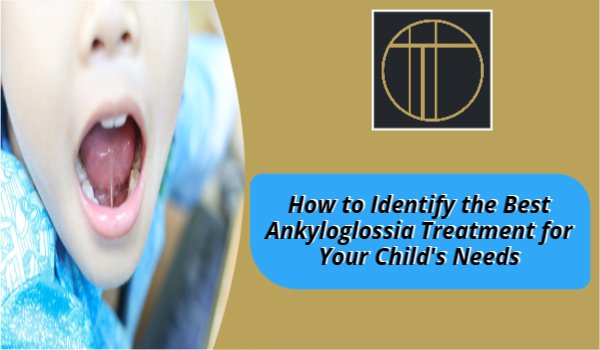
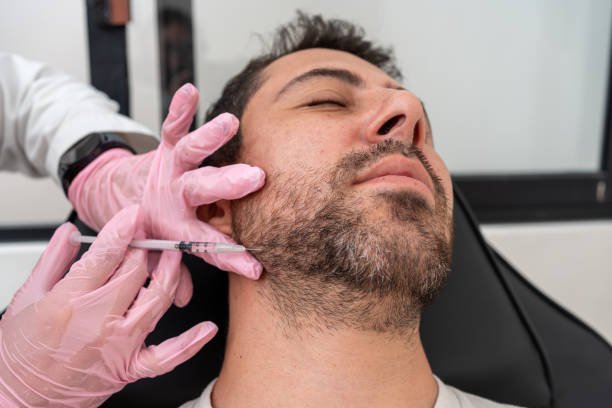
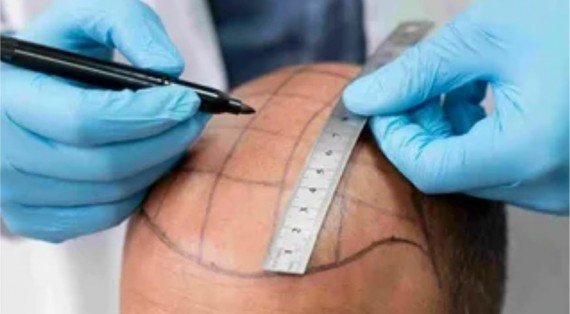

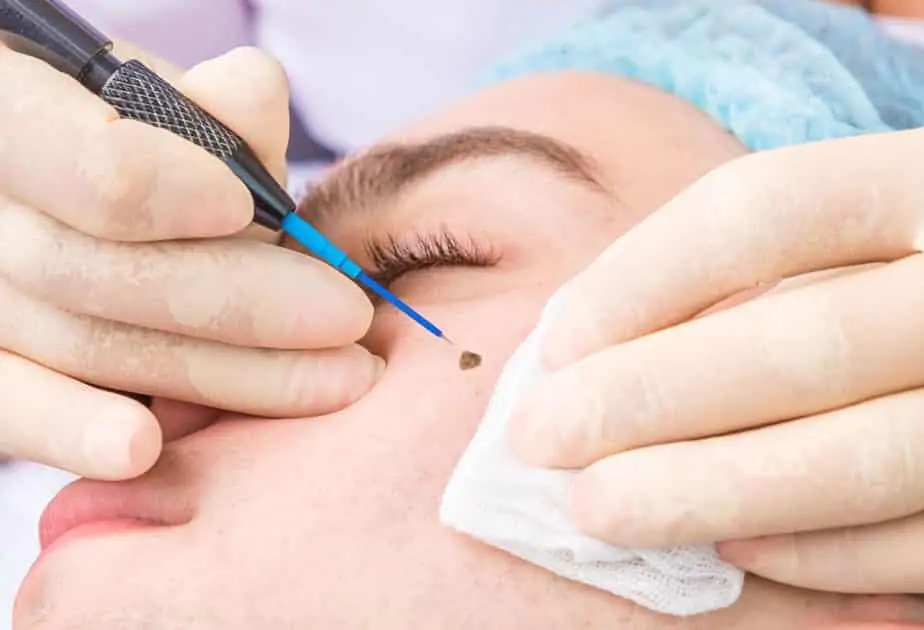





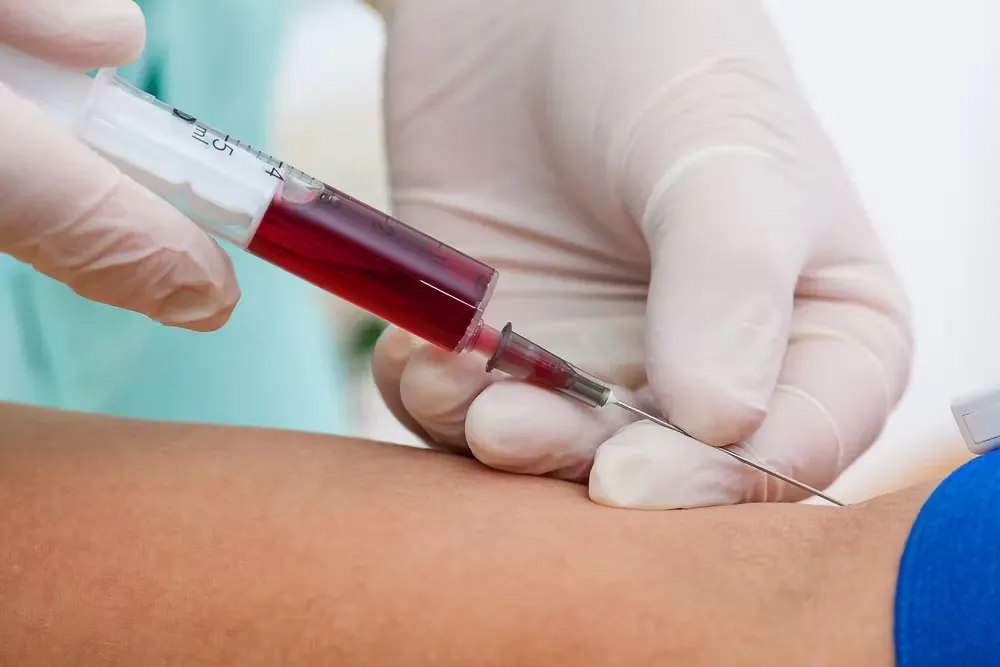




Leave a Reply